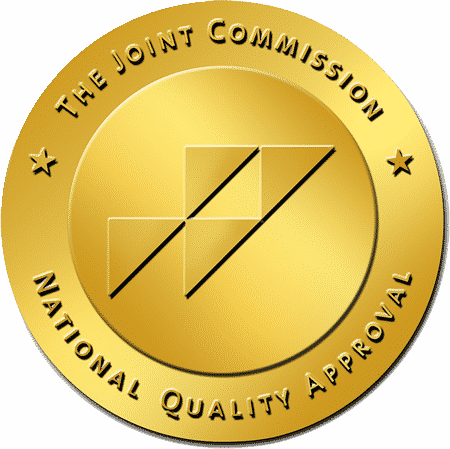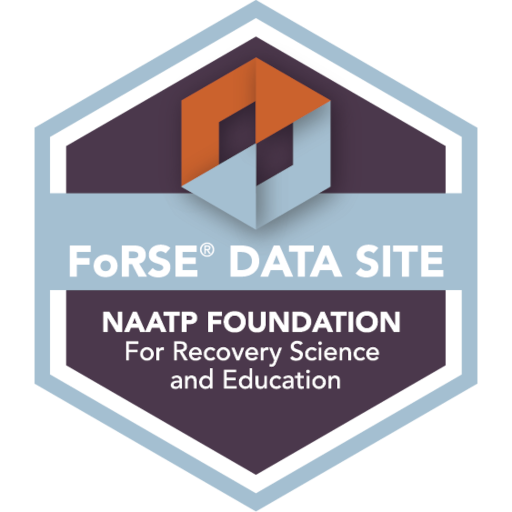What is Flakka?

Flakka is a highly addictive designer drug that belongs to a group called synthetic cathinones. It is also known by the chemical name ?-pyrrolidinopentiophenone (or alpha-PVP). The synthetic stimulant is chemically similar to cocaine and can be found in the form of a crystal or powder. Flakka is also known as gravel, because it has a gritty texture. It can be snorted, smoked, or injected. The drug’s effects are similar to those of cocaine and methamphetamine, but Flakka can also cause hallucinations, paranoia, and delusions. The high from the drug lasts for about two hours on average, but some users have reported feeling its effects for up to 12 hours.
Side Effects of Flakka
The side effects of Flakka may include:
- Agitation
- Risk of self-harm
- Aggressive or violent behavior
- Paranoia
- Raised blood pressure and heart rate
- Seizures
- Psychosis
- Hallucinations
- Panic attacks
- Delirium-associated hyperthermia, rhabdomyolysis, dehydration, and kidney injury.
Some of the most serious side effects of Flakka are the breakdown of muscle tissue and the development of kidney failure. As a result, overdose survivors may require long-term dialysis. In severe cases, Flakka can even kill.
Is Flakka a Dangerous Drug?
Yes, Flakka is a dangerous drug, and its use can lead to overdose and death. People should be aware of its risks and avoid Flakka use. Flakka’s addictive properties are similar to those of other designer drugs and bath salts but are more potent and dangerous. The chemical substance in Flakka is alpha-PVP, which impacts the dopamine system.
‘No Medical Use” Says Drug Enforcement Administration
The U.S. Drug Enforcement Administration (DEA) classifies Flakka as a Schedule I drug with no medical purpose, prone to abuse, and dangerous to use. It is illegal to sell Flakka in the U.S. and many other countries. The DEA has not yet developed tests to detect Flakka, and its clandestine manufacturers have had some success tweaking their formulas to keep them undetectable.
Flakka Abuse and Addiction

There is a high risk for substance abuse for Flakka users. Ingestion in substantial amounts or for extended periods can lead to addiction. Its addictive properties are similar to those of another synthetic cathinone, bath salts. Flakka effects recur days after the initial high, which makes it easy to overdose. And it has been shown that high doses of Flakka can lead to unintentional injury and various forms of trauma. Flakka’s addictive properties are similar to those of cocaine and methamphetamine, stimulants that alter brain processes by impacting neurotransmitters that control feelings of pleasure and pain. Often called a zombie drug, Flakka use may lead to violent behavior and self-injury.
Signs of Flakka Drug Abuse
The following are some of the signs of Flakka abuse:
- Aggressive behavior
- Hallucinations and delusions
- Nausea and vomiting
- Rapid heart rate
- Increased blood pressure
- Fever
- Uncontrollable muscle spasms

Flakka Overdose
With use of Flakka overdose is possible. The drug is many times stronger than cocaine. Those who take more than 0.1 grams are at risk of overdose. In addition to causing an elevated body temperature, Flakka can cause violent behavior, rhabdomyolysis, and psychiatric symptoms. Flakka can also cause chemical imbalances and severe anxiety. It is essential to closely monitor Flakka users to avoid the risk of overdose.
La Hacienda Treatment Center
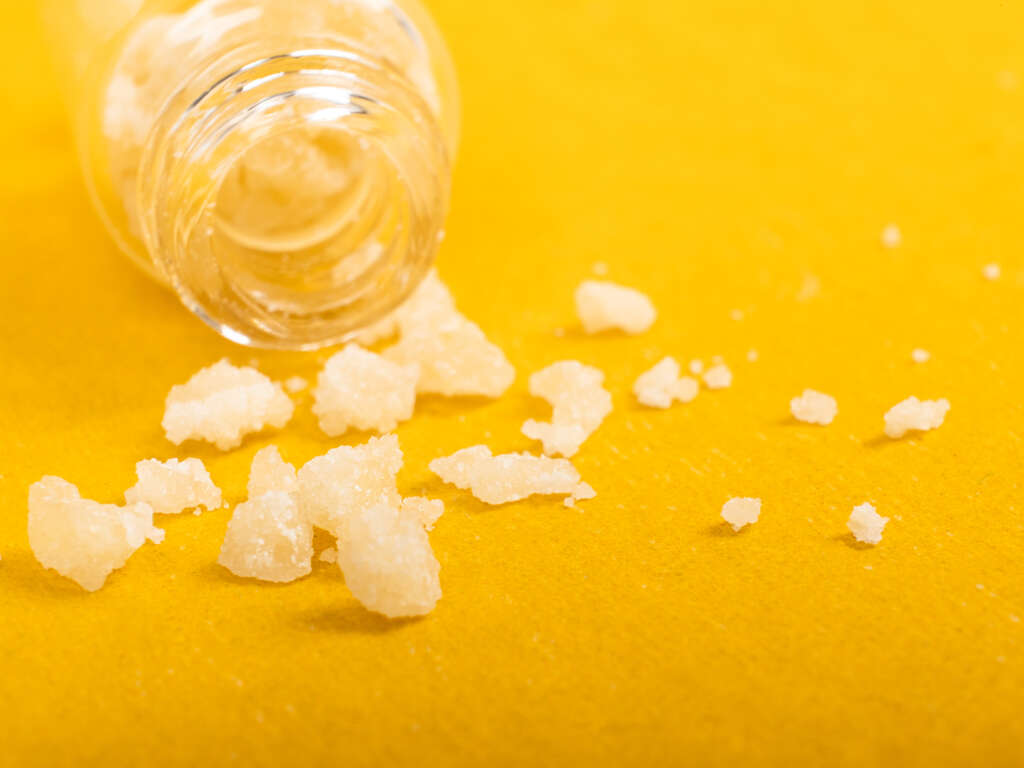
La Hacienda provides evidence-based effective treatment for persons suffering from addiction to Flakka and other designer drugs. Within 3-5 weeks, patients normally complete residential treatment, including detoxification, individual counseling, group therapy, family therapy, specialized classes, activities therapy, and detailed introduction to the 12 steps. Patients leave with a plan for their initial post-treatment recovery period including sober living, outpatient therapy, nearby 12-step support groups, and La Hacienda alumni groups. To find out more about addiction treatment or to start the admission process, phone (800) 749-6160 and talk with one of our on-campus admission specialists today.
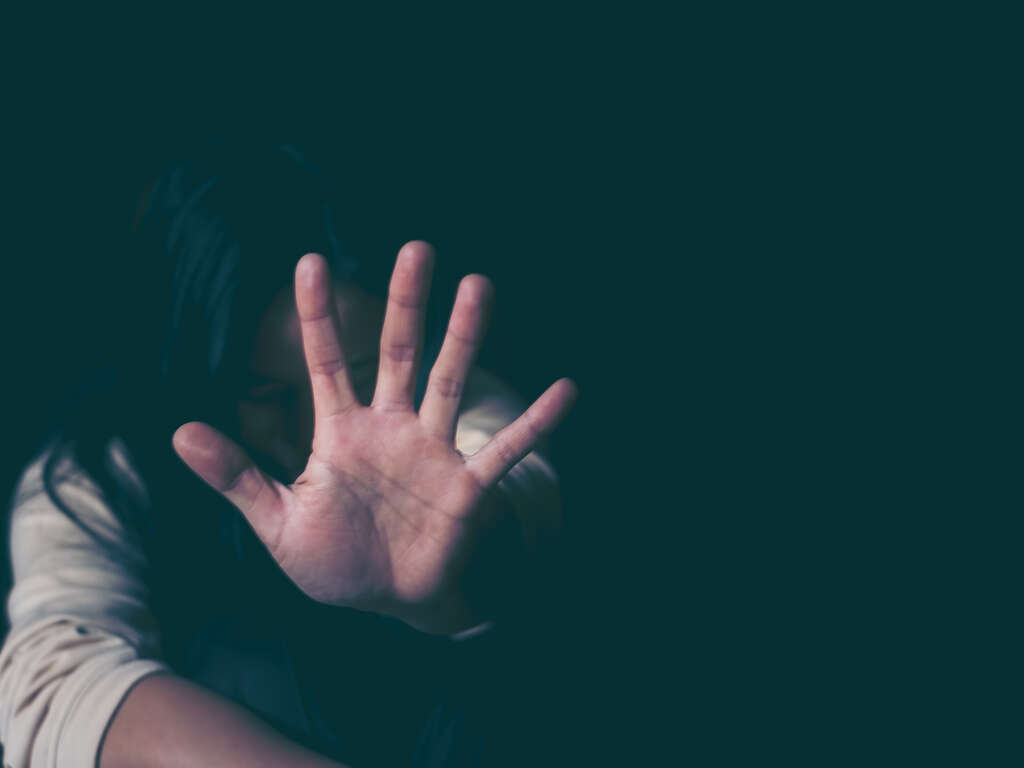
Synthetic Cathinones (Bath Salts)
Synthetic cathinones are a class of psychoactive drugs that are chemically similar to amphetamines. They are part of a group of drugs called new psychoactive substances (NPS) that concern public health officials. They have been used as recreational drugs because they produce a fast-acting high similar to amphetamines. Synthetic stimulants are sold online, in convenience stores, in gas stations, in smoke shops and “head shops” under various brand names. They resemble Epsom salts and are often labeled “Not for human consumption.” The name “synthetic cathinone” is misleading because they are not always synthesized artificially. Some of the bath salts drug components are found in nature, like cathinone, the active ingredient in khat leaves that is also chemically related to other drugs like amphetamines.

Kratom
Kratom, a plant that grows in Southeast Asia, is used for the treatment of chronic pain, anxiety, depression, and addiction. It belongs to the coffee family and has been used for centuries by people in Thailand, Indonesia, and Malaysia as an herbal drug. The leaf of kratom can be chewed fresh or dried and smoked or it can be boiled into a tea. The side effects of kratom are not well known but it is known to cause increased urination at high doses.

Bath Salts Drug
The bath salts drug is an extremely dangerous synthetic cathinone often labeled “not for human consumption.” Although the use of bath salts has dropped significantly in recent years, the drug remains highly accessible to young adults and adolescents.
